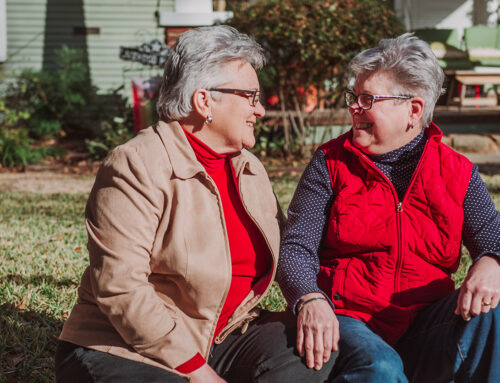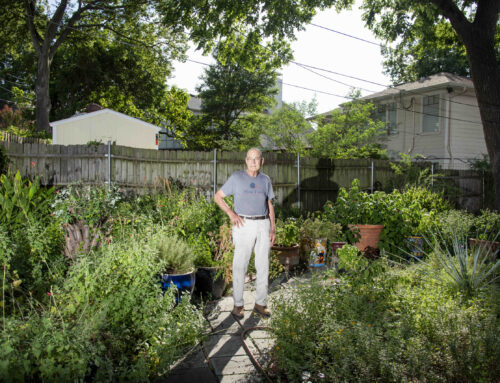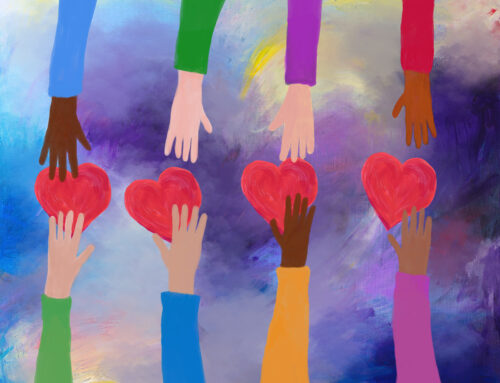Since we all seem so concerned with it these days — whether we have it or don’t, whether we are losing it in the market or having it taken from us in taxes, or spending it on stuff, or giving it away to charity — let’s see if we can make sense of it, if not plan for it.
Money is simply a tool for measuring what you have and using it to do something else. You could have fixed your neighbor’s fence in exchange for breakfast, but if he paid you cash instead, you could choose to buy your own breakfast or to go hungry and save the loot — you got money to do with as you please.
But then, sooner or later, you have to do something with it. When you get hungry enough, you spend some of it on a burrito. When the baby needs new shoes, you consume another product by spending money for it. Before long, the taxman shows up and wants a piece too.
Now before you snub the taxman, remember he’s only doing what you and your neighbors have agreed on when you went into that secret ballot box last November. Even if you didn’t get your way, he’s doing what most of your neighbors (ones across the country as well as across the street) told him to do.
He’s collecting for the security forces to keep you safe, for the schools to smarten your kids, and for the pothole fillers to save your shocks. You only get the community you pay for.
With what’s left over, you get to consume some more. You might buy the shiny sports car that tells your neighbors you’re doing OK. You might fix your own fence, or even dig a moat around your castle. Nobody tells you what to do with what’s left except you.
Although sometimes you overdo it and have credit card companies and bankers telling you what to do, or threatening to take your stuff.
If you understand that your stuff is not yours to do with what you want, because stuff is only stuff, and that you can’t take it with you when you die, you might decide to give some of it away now instead of consuming it yourself or having it taken away by the Grim Reaper.
Churches and other faith-based organizations give you a chance to give it up to God by giving it away to those who will do something good with it. Every religion agrees that a portion — the first portion, really — of your money should be given back to God as an offering of thanks for life itself and your prosperity in it. We don’t give in order to keep heaven happy with us so that the gods will keep rewarding us. We renounce our right to it and give it up freely.
But giving it up to God doesn’t mean throwing it up in the air; it means giving it away to the things God especially cares about. Funding spiritual enterprises such as worship, religious education and benevolence work toward those less fortunate makes money work for good things.
These days, people like to talk about being spiritual but not religious. They run from organized religion with all its conflicts and, well, people. They want their spirituality personal, private and uncontested.
Here’s the problem: Spirituality never built hospitals to care for the sick and dying; it never started caring organizations like the Wilkinson Center or Central Dallas Ministries or White Rock Center of Hope in order to change the plight of the poor; and it never created schools to order the minds and souls of the young. Organized religion did that.
Giving away your money to organized groups such as these amounts to giving up your money to God. If they squander it, God will judge them. If you squander it, God will judge you, too.
Is it time to open your hand?
George Mason is pastor of Wilshire Baptist Church. The Worship section is a regular feature underwritten by Advocate Publishing and by the neighborhood business people and churches listed on these pages. For information about helping support the Worship section, call 214.560.4202.





